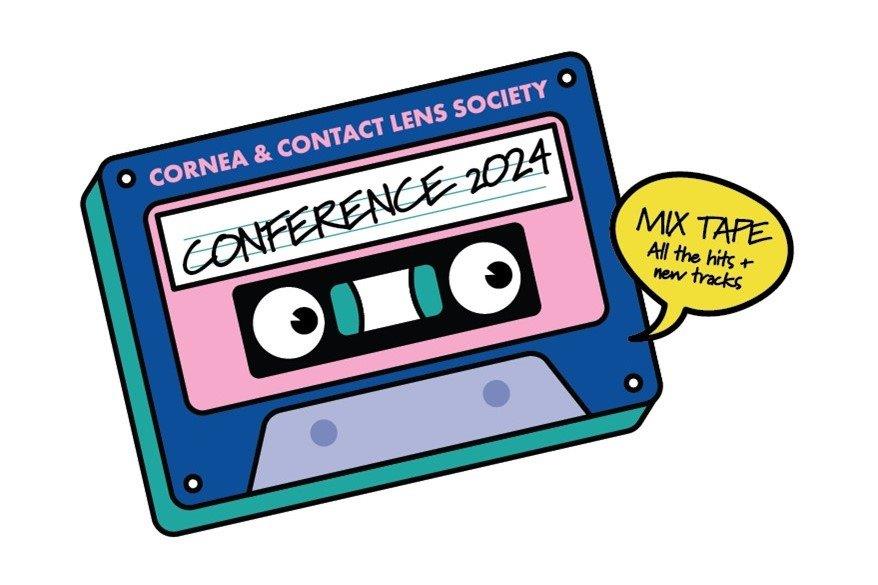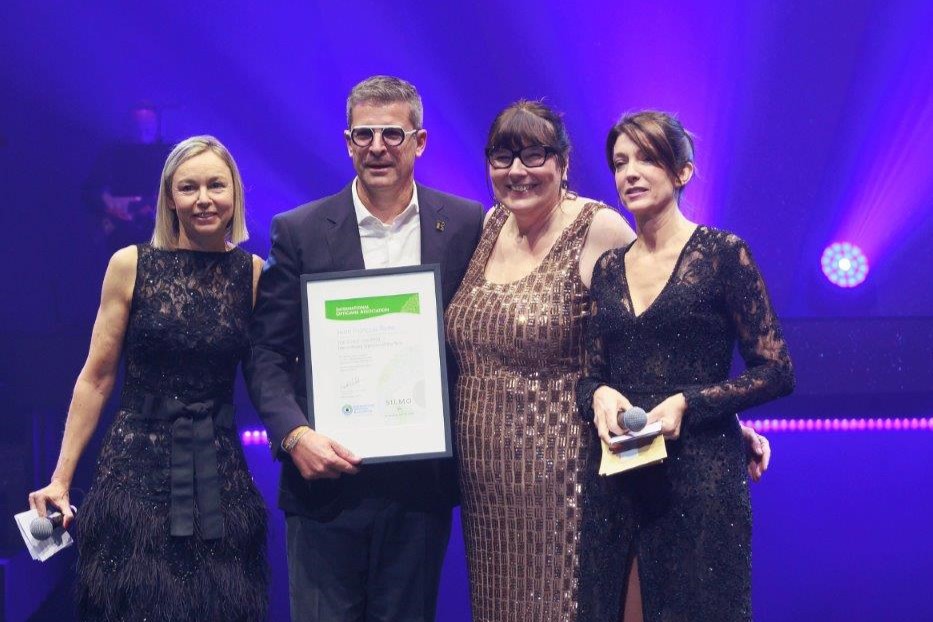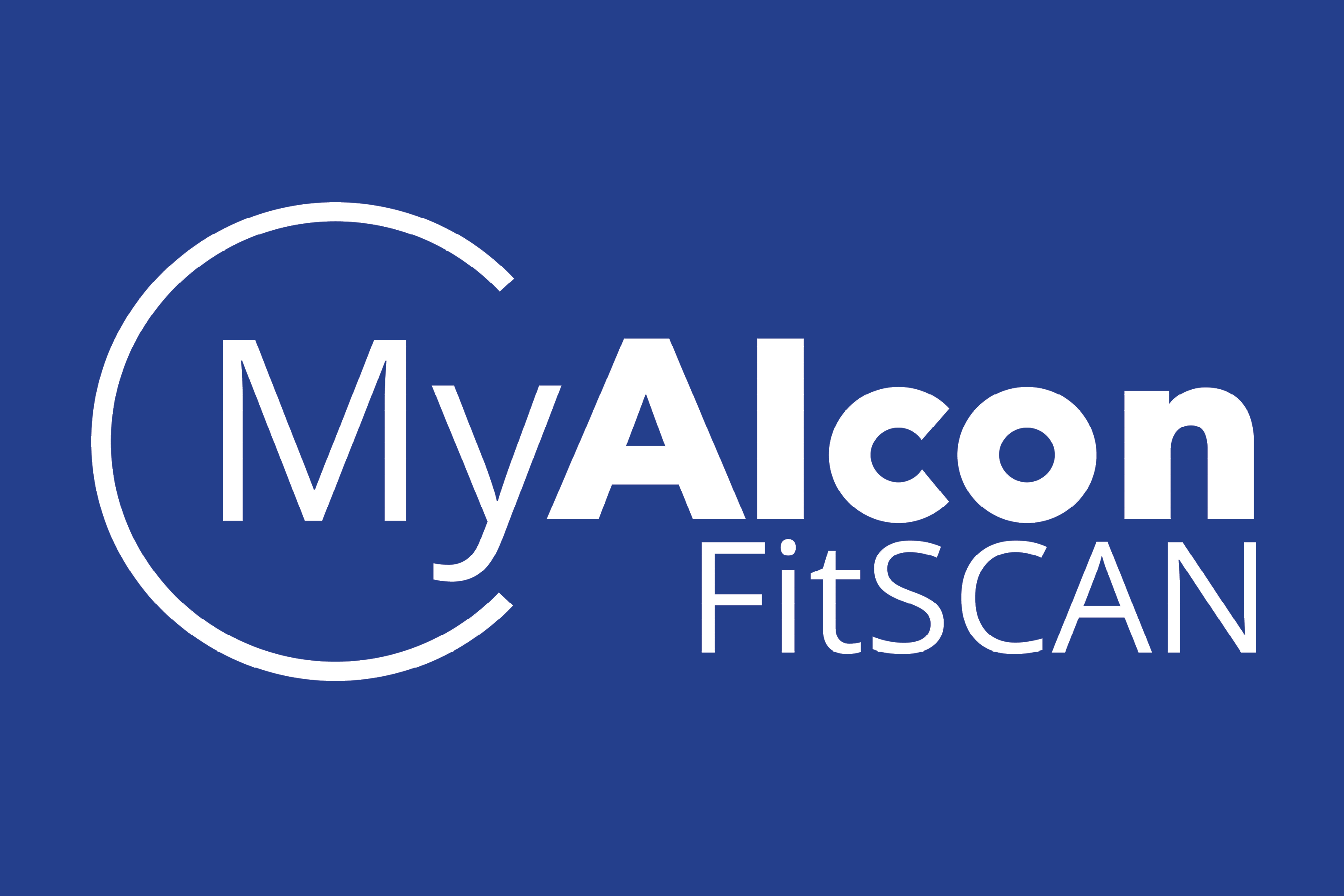CCLS keynotes: challenging current thinking and sparking discussion
Promising to challenge current thinking and spark discussion, two of CCLS 2024’s keynote speakers, took time out of their busy schedules to talk about their research, interests and forthcoming trip to Aotearoa.
David Kading
Influential US doctor of optometry David Kading is an international dry eye and specialty contact lens (CL) educator who’s seeking to challenge the way students and optometrists perceive practice.
Having completed a year-long residency in cornea and CLs at the Pacific University College of Optometry, Kading now hosts a fellowship programme on dry eye and specialised CL fitting at his practices in Seattle, Washington. He says he cannot wait to ‘hang out’ with clinicians from New Zealand. “I know I’m coming to speak, but I always learn so much just being with people and hearing how they are doing things and about the latest innovations and technology advancements. Plus, the amazing content being presented by the other speakers. I love your country and am excited to share my visit with my wife.”

Kading says he chose optometry for the opportunity it gives him to get to know his patients and remain a part of their lives for the duration of his career. He says he also enjoys the research element of his role, which is focused on how he can better treat and understand his patients. Kading’s podcasts, The Myopia Podcast and The Optometric Insights Show, are downloaded by practitioners all over the world and help keep him busy. “I love speaking with experts and clinicians and sharing their insights with people everywhere.”
To invite people to connect socially, Kading runs a ‘mug club’ on his LinkedIn page. “The mug club is a silly thing to do but it is a non-eyeball-related way to connect with people,” he says. “In the posts, I usually share something about myself and then give a motivational challenge. It’s fun to hear from all the people who have seen the posts and with all the free mugs I get sent, I joke that I should have started a $100 bill club rather than the mug club.”
Assistant Professor William Power
With more than 20 years’ experience of laser eye surgery, cataract and corneal surgery, A/Prof William Power is a consultant ophthalmologist at the Royal Victoria Eye and Ear Hospital, St Vincent’s University Hospital and the Blackrock Clinic in Dublin, Ireland.
Having completed two fellowships, one in immunology and uveitis and another in cornea and laser refractive surgery at the Massachusetts Eye and Ear Infirmary (MEEI), Harvard Medical School, Boston, Dr Power was appointed assistant professor of ophthalmology at Harvard and consultant eye surgeon at MEEI in 1995. A year later, he was appointed chief of ophthalmology at Harvard’s Brigham and Women’s Hospital.

A/Prof Power says he is particularly looking forward to talking to CCLS delegates about two areas that interest him enormously. “One is those rare patients who are at the end of the line and have run out of options for sight restoration. I’m talking about keratoprosthesis surgery and who can benefit from this. The second area is the provision of services for patients with keratoconus.”
Having been the clinical lead for the Irish National Clinical Programme in Ophthalmology from 2016 to 2023, A/Prof Power has experienced first-hand the challenges posed by increasing patient numbers and a growing incidence of chronic diseases. At CCLS, he will discuss how to transfer ophthalmic care patients from hospitals to the community, led by primary care teams consisting of ophthalmologists, optometrists, orthoptists, nurses and ophthalmic technicians. “We’re in the middle of this project in Ireland and it might interest New Zealand delegates.”
A/Prof Power will also lead the specialists' round table sessions on alkali burns (early and late management) and managing traumatic aniridia.
For more information or to register, click here.























